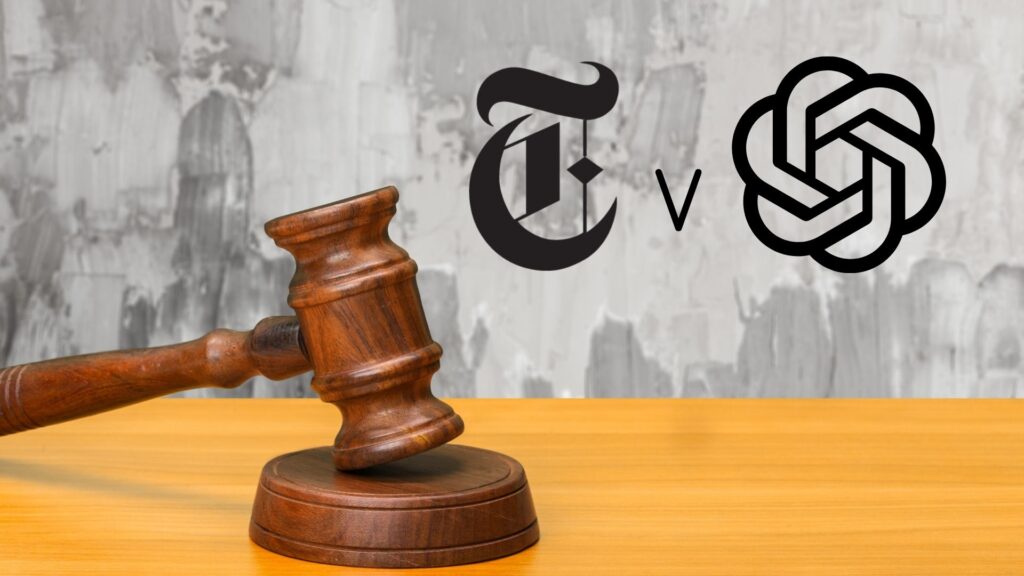New York Times lawsuit prompts OpenAI to strengthen privacy protections
Legal dispute accelerates OpenAI’s security roadmap.

OpenAI says a New York Times demand to hand over 20 million private ChatGPT conversations threatens user privacy and breaks with established security norms. The request forms part of the Times’ lawsuit over alleged misuse of its content.
The company argues the demand would expose highly personal chats from people with no link to the case. It previously resisted broader requests, including one seeking more than a billion conversations, and says the latest move raises similar concerns about proportionality.
OpenAI says it offered privacy-preserving alternatives, such as targeted searches and high-level usage data, but these were rejected. It adds that chats covered by the order are being de-identified and stored in a secure, legally restricted environment.
The dispute arises as OpenAI accelerates its security roadmap, which includes plans for client-side encryption and automated systems that detect serious safety risks without requiring broad human access. These measures aim to ensure private conversations remain inaccessible to external parties.
OpenAI maintains that strong privacy protections are essential as AI tools handle increasingly sensitive tasks. It says it will challenge any attempt to make private conversations public and will continue to update users as the legal process unfolds.
Would you like to learn more about AI, tech, and digital diplomacy? If so, ask our Diplo chatbot!
